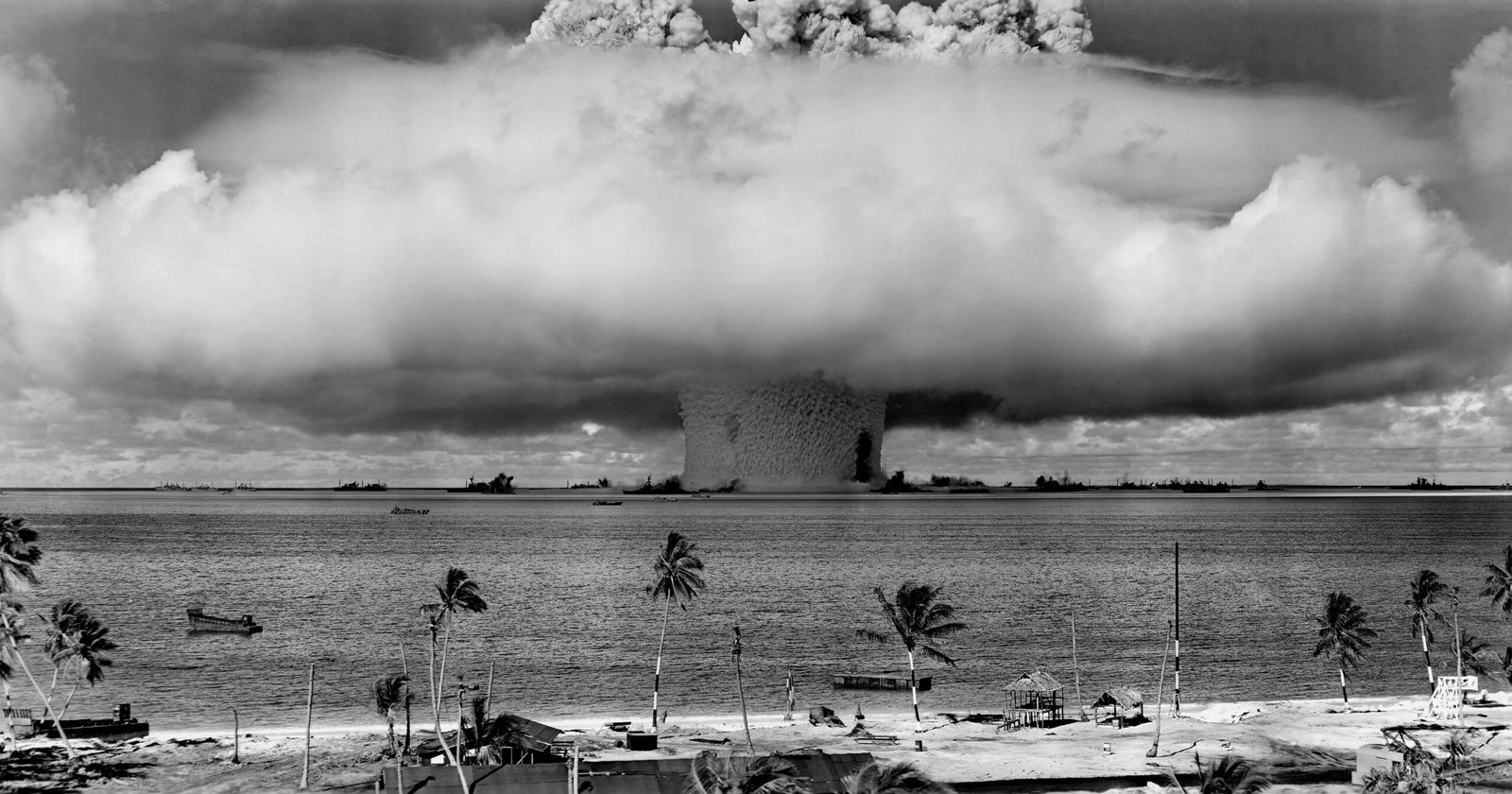
Water, the essence of life, is facing unprecedented challenges worldwide, leading to concerns about a looming water crisis.
From scarcity and pollution to mismanagement and climate change, several factors contribute to the precarious state of our water resources.
Let’s delve into why water is often referred to as a ticking bomb and explore the complexities of the global water crisis
Water, the essence of life, is facing unprecedented challenges worldwide, leading to concerns about a looming water crisis.
From scarcity and pollution to mismanagement and climate change, several factors contribute to the precarious state of our water resources.
Let’s delve into why water is often referred to as a ticking bomb and explore the complexities of the global water crisis
The Growing Water Crisis:
1. Water Scarcity: Many regions across the globe are experiencing water scarcity, where demand exceeds available freshwater resources. Population growth, urbanization, agricultural needs, and industrial expansion exacerbate the strain on water supplies, leading to competition and conflicts over water usage.
2. Deteriorating Water Quality: Pollution from industrial discharge, agricultural runoff, untreated sewage, and plastic waste contaminates water bodies, making them unsafe for consumption and harming aquatic ecosystems. Poor water quality not only threatens human health but also jeopardizes biodiversity and ecological balance.
Contributing Factors to the Crisis:
1. Climate Change: Shifts in weather patterns, extreme weather events, droughts, and floods, exacerbated by climate change, disrupt water cycles and impact water availability. Erratic rainfall patterns and melting glaciers further compound water scarcity issues in vulnerable regions.
2. Unsustainable Practices: Unsustainable water management practices, such as over-extraction from aquifers, inefficient irrigation methods, deforestation, and land degradation, deplete groundwater reserves, reduce water retention capacity, and escalate water stress in arid and semi-arid regions.
Impacts of the Water Crisis:
1. Humanitarian Impact: The water crisis disproportionately affects vulnerable communities, particularly in developing countries, leading to waterborne diseases, malnutrition, sanitation challenges, and socio-economic disparities. Lack of access to clean water and sanitation perpetuates cycles of poverty and hinders development efforts.
2. Environmental Degradation: Depleted water sources, aquatic habitat destruction, eutrophication, and loss of biodiversity are among the environmental consequences of the water crisis. Declining water levels in rivers, lakes, and wetlands disrupt ecosystems, endanger species, and compromise ecosystem services.
Addressing the Water Crisis:
1. Water Conservation and Efficiency: Promoting water conservation practices, implementing efficient irrigation techniques, reducing water waste in industries and households, and adopting water-saving technologies are crucial steps in mitigating water scarcity and improving water use efficiency.
2. Water Governance and Management: Effective water governance frameworks, integrated water resource management approaches, stakeholder engagement, and cross-sectoral collaboration are essential for sustainable water management, equitable water allocation, and conflict resolution over water resources.
3. Investing in Water Infrastructure: Investing in water infrastructure, including water treatment plants, sewage systems, irrigation networks, and rainwater harvesting systems, enhances water quality, access, and resilience to climate impacts, supporting long-term water security goals.
4. Climate Adaptation and Resilience: Building climate resilience, implementing drought-resistant agricultural practices, restoring watersheds, protecting natural water sources, and promoting ecosystem-based adaptation strategies are vital for adapting to climate-induced water challenges.
Individual and Collective Responsibility:
1. Water Conservation Practices: Individuals can contribute to water conservation efforts by reducing water usage, fixing leaks, practicing responsible consumption habits, and raising awareness about the importance of water stewardship in their communities.
2. Policy Advocacy: Advocacy for water-related policies, regulations, and investments at local, national, and global levels is crucial for prioritizing water security, ensuring water rights, and fostering sustainable water governance frameworks.
Conclusion:
Water scarcity, pollution, and mismanagement pose significant threats to human well-being, environmental sustainability, and economic development worldwide. Addressing the water crisis requires concerted efforts, innovative solutions, and collective action from governments, businesses, civil society, and individuals. By prioritizing water conservation, sustainable practices, climate resilience, and effective water governance, we can work towards averting the ticking bomb of water scarcity and securing a water-secure future for generations to come.

